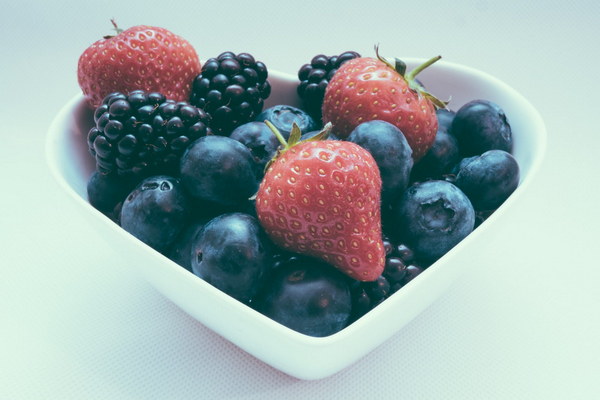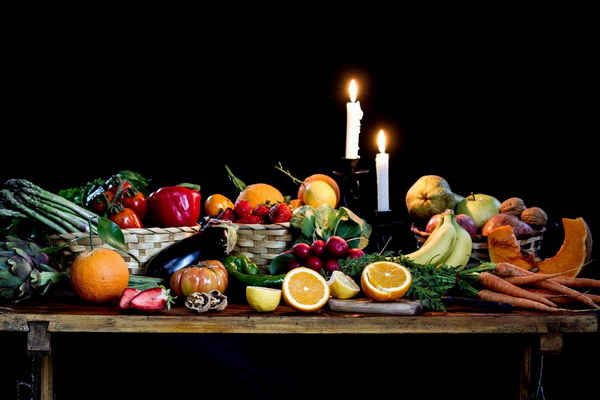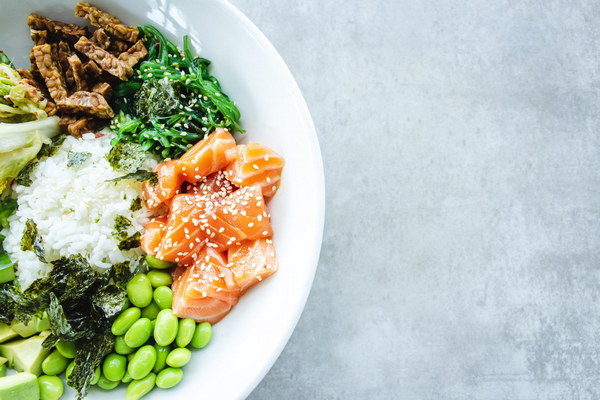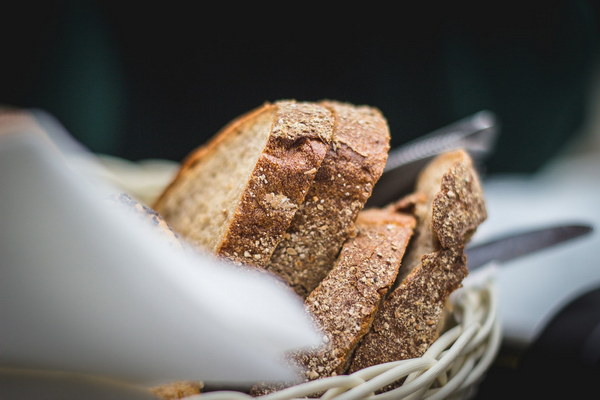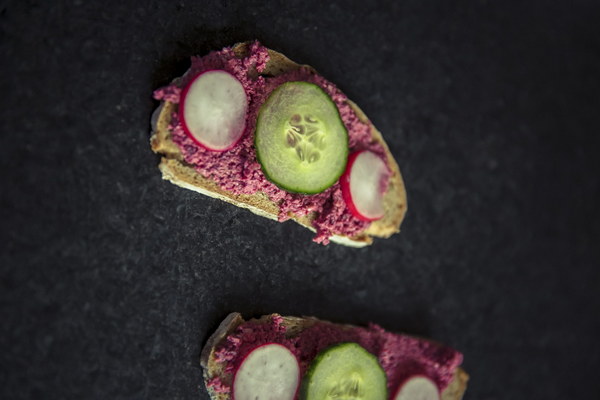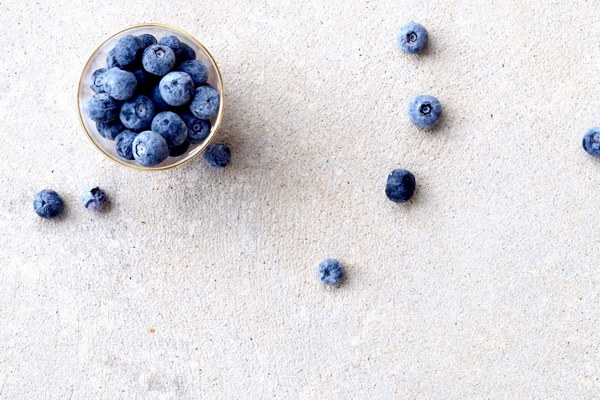Nourishing Your Qi and Blood A Guide to Traditional Chinese Herbs and Foods for Weak Qi and Blood
In Traditional Chinese Medicine (TCM), the concepts of Qi (vital energy) and Blood are fundamental to maintaining health and vitality. When either Qi or Blood is deficient, it can lead to a range of symptoms such as fatigue, weakness, pale complexion, and poor concentration. To address these imbalances, TCM recommends a holistic approach that includes dietary adjustments. Below, we explore the world of traditional Chinese herbs and foods that can help nourish your Qi and Blood.
Understanding Qi and Blood Deficiency
Qi is the vital energy that flows through the body, providing the power for all physiological functions. Blood, on the other hand, is responsible for nourishing the body's tissues and organs, as well as maintaining the health of the skin and hair. Both Qi and Blood are interconnected; a deficiency in one can lead to a deficiency in the other.
Herbal Remedies
In TCM, herbal remedies are often used to tonify Qi and Blood. Some of the most commonly prescribed herbs for Qi and Blood deficiency include:
1. Astragalus (Huang Qi): Known for its ability to strengthen the immune system and boost Qi, Astragalus is a versatile herb that can be taken in various forms, such as teas, powders, or capsules.
2. Codonopsis (Dang Shen): This herb is often used to tonify Qi and improve overall vitality. It is particularly effective for those suffering from chronic fatigue.
3. Chinese Angelica (Dang Gui): A well-known blood-tonifying herb, Dang Gui is often combined with other herbs to address various blood-related issues.
4. Ginseng (Ren Shen): Ginseng is a powerful adaptogen that can enhance overall well-being and support the immune system. It is available in various forms, including raw roots, teas, and supplements.
Foods for Nourishing Qi and Blood
Dietary changes can also play a significant role in tonifying Qi and Blood. Here are some foods that are considered beneficial in TCM:
1. Red Meat: Beef, lamb, and pork are rich in iron and protein, which are essential for building and nourishing Blood.
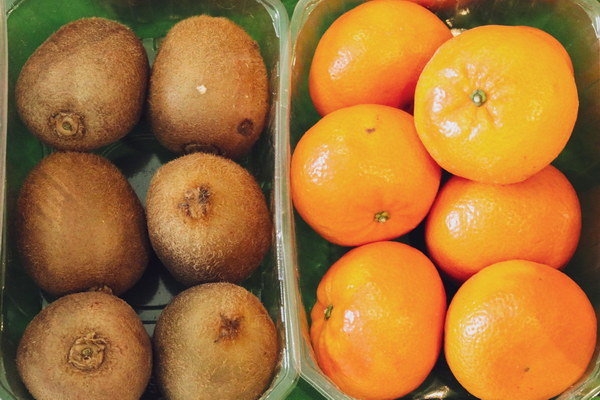
2. Pumpkin Seeds: These seeds are a good source of zinc, which is important for maintaining healthy immune function and promoting the production of red blood cells.
3. Nuts and Seeds: Almonds, walnuts, and sunflower seeds are rich in essential fatty acids, vitamins, and minerals that can support overall health and the production of Qi and Blood.
4. Dark Leafy Greens: Foods like spinach, kale, and Swiss chard are high in iron and vitamin K, which are crucial for Blood health.
5. Dates: These sweet fruits are believed to nourish the heart and Blood in TCM. They are often consumed as a snack or added to porridge or tea.
6. Goji Berries: These berries are a natural adaptogen and are often used in TCM to tonify Qi and Blood.
Combining Herbs and Foods
It is important to note that the effectiveness of these herbs and foods can vary from person to person. Therefore, it is advisable to consult with a qualified TCM practitioner before starting any new herbal or dietary regimen.
In TCM, Qi and Blood deficiency can be addressed through a combination of herbal remedies and dietary adjustments. By incorporating these tonifying herbs and foods into your daily routine, you can support your body's natural balance and promote overall health and vitality. Remember, the journey to wellness is a personal one, and it is essential to listen to your body's needs and work with a healthcare professional to find the right approach for you.
